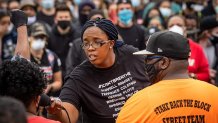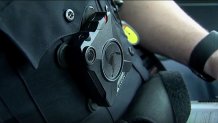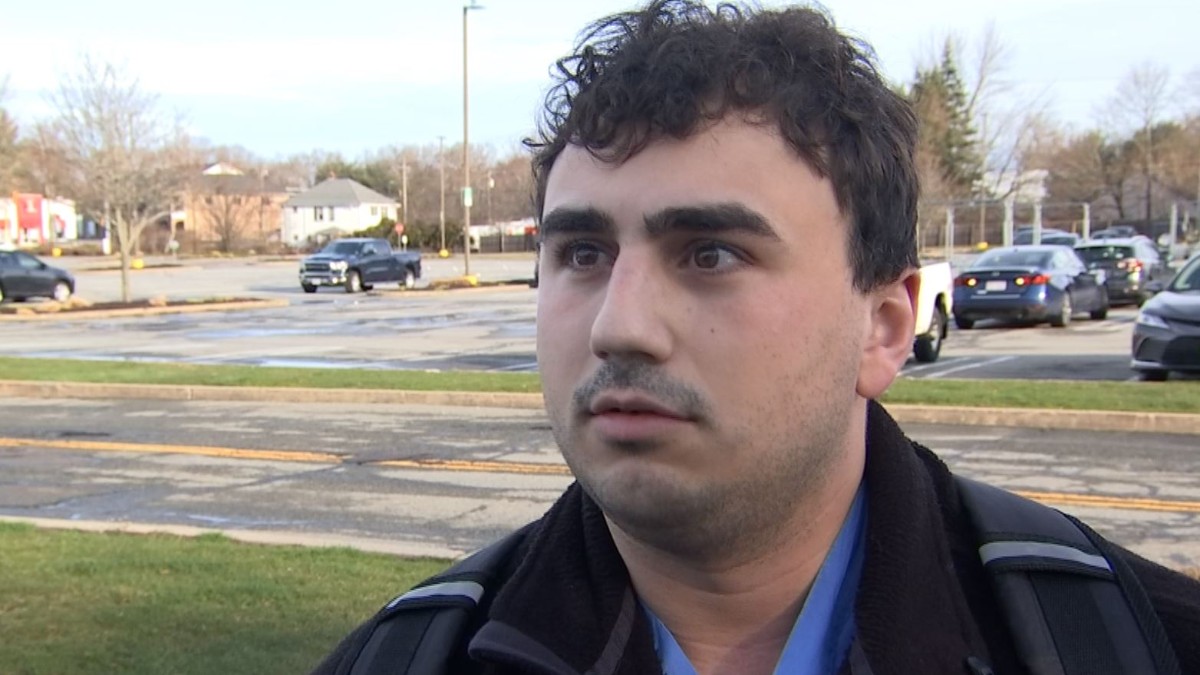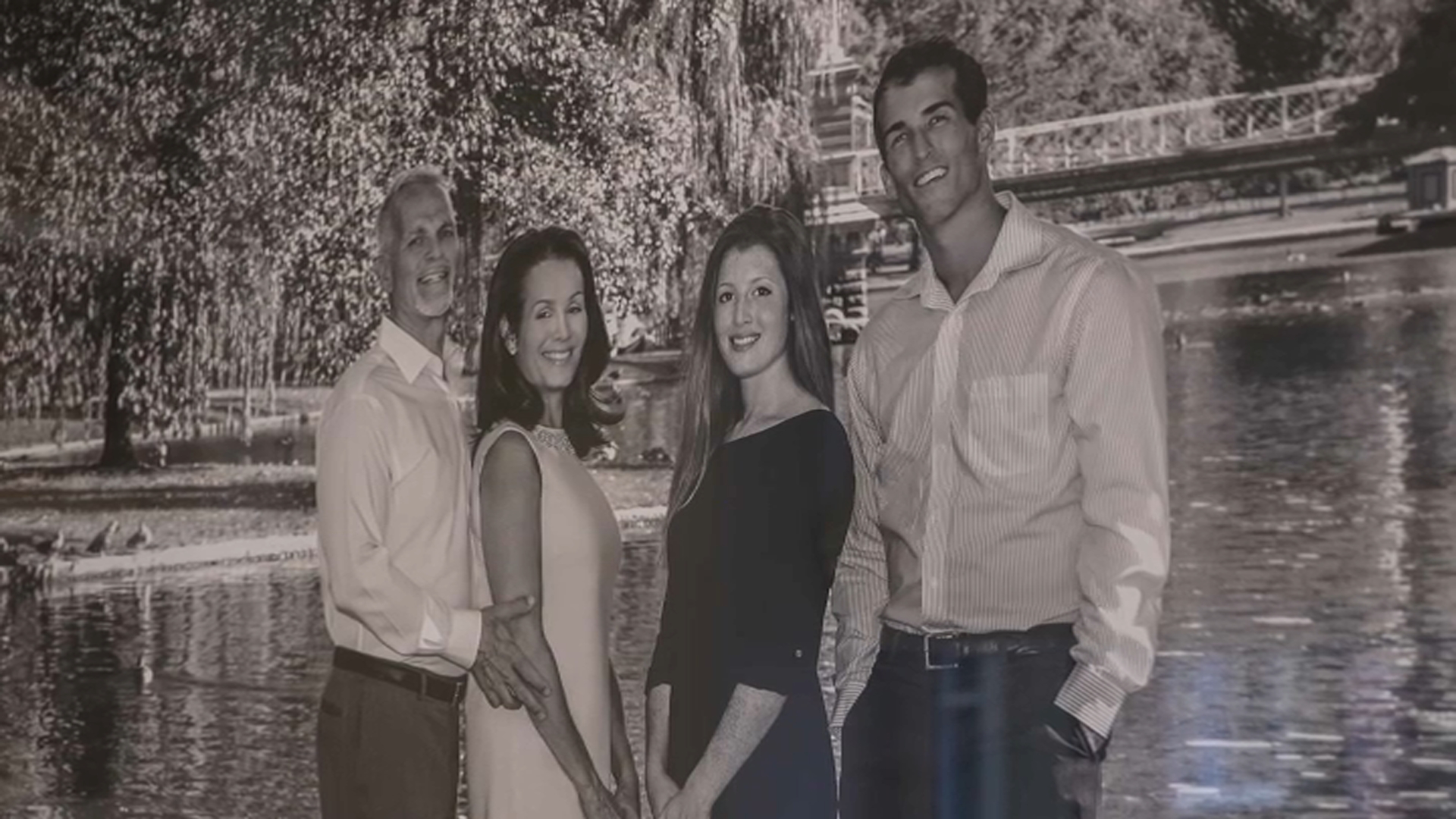Police body cameras can provide key evidence in criminal cases or shed light on interactions between officers and the public.
In the Boston Police Department, more than 1,000 patrol officers have been trained and equipped with the technology since the program first rolled out last summer.
However, the NBC10 Boston Investigators discovered not all officers are required to wear the cameras while working at the ongoing protests in the wake of George Floyd’s death.
That’s because under the department’s internal rules, officers aren’t required to wear body cameras when they work overtime shifts or paid details. And at the protests, the majority of the police officers are clocking in on OT.
“Transparency in a situation like that is necessary, given what’s happening in the world right now with community members and police departments,” said Monica Cannon-Grant, who organized a massive peaceful protest in Franklin Park on June 2.
Cannon-Grant is a community activist who founded Violence in Boston, an organization with the mission of improving the quality of life of people from disenfranchised communities who experience violence. She was a big supporter of BPD implementing the body camera program.

“Oftentimes, people don’t realize that the police actually engage in provoking some of these interactions,” Cannon-Grant told the NBC10 Boston Investigators. “And not having that camera on protects them from having to deal with the repercussions of their actions.”
Investigations
Boston police worked with Northeastern University to develop a body camera pilot program that went live in 2016, beginning first with 100 cameras assigned to patrol officers in five police districts and plainclothes officers in the Youth Violence Strike Force.
After one year of use, researchers found the cameras produced small but meaningful benefits in the interactions police had with citizens. Officers who were selected to wear them received fewer complaints, and reported using physical force less often, according to a final report summarizing the results.
Mayor Marty Walsh committed $2 million in 2018 to expand the program throughout the police department, beginning with the initial purchase of 400 cameras. Roughly half of all officers have now been trained in how to use them.
Especially when police use force to disperse a crowd during protests, video can be a valuable tool to show what transpired.
“The goal of the program is to create transparency and accountability across the entire department,” said Boston City Councilor Andrea Campbell.
Campbell first learned of the overtime exemption last year after Boston police made several dozen arrests during the “Straight Pride” parade, but recorded no body camera footage.
The city councilor believes capturing more interactions on video can benefit the police, too, because there are instances where law enforcement are the victims of aggressive or illegal behavior.
“There should be no exceptions if they’re on an overtime shift versus a regular shift,” Campbell said. “These loopholes need to be changed, and quickly.”
Civil rights advocates have expressed concern the cameras could be a form of surveillance while people express their constitutionally-protected free speech or religious rights.

BPD’s body camera policy prohibits recording protesters unless an officer witnesses illegal activity, uses force to control the crowd, or believes documenting an interaction with civilians would enhance department transparency or increase public trust.
That means if police had cameras, they could’ve filmed many of the incidents that resulted in 53 arrests when a peaceful protest in downtown Boston turned violent and destructive.
NBC10 Boston confirmed police recorded video of at least one of those incidents: a man accused of shooting at police as they tried to clear the streets in the early morning hours of June 1. Those officers were part of the Youth Violence Strike Force, who are required to wear the body cameras during their shifts.
Police denied a request from NBC10 last week to release body camera recordings from officers who were present during the protests. The department cited an exemption to the state public records law that allows some records to be withheld during the course of a law enforcement investigation.
Responding to questions from NBC10, Sgt. Det. John Boyle indicated the department plans to change the exemption that allows police not to wear body cameras while working overtime.
“Commissioner William Gross is in favor of his officers wearing body-worn cameras on their tour of duty as well as any overtime shift they are working. The police department is currently working toward that goal,” Boyle wrote.
NBC10 Boston also contacted the Boston Police Patrolmen’s Association about whether it would support removing the overtime exemption, but the union has yet to respond.
Cannon-Grant believes the change is overdue.
“It’s extremely important because it humanizes officers,” she said. “It lets us see firsthand how they view us, how they’re viewed, and it helps build community police relations.”



